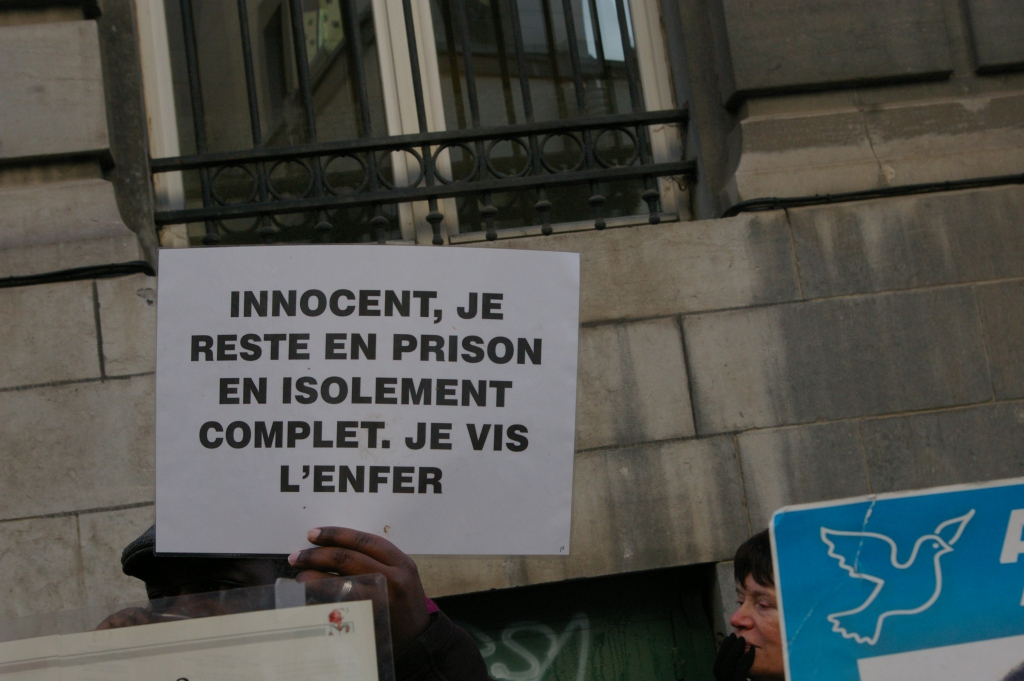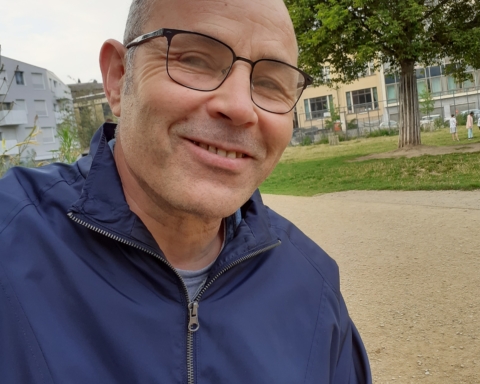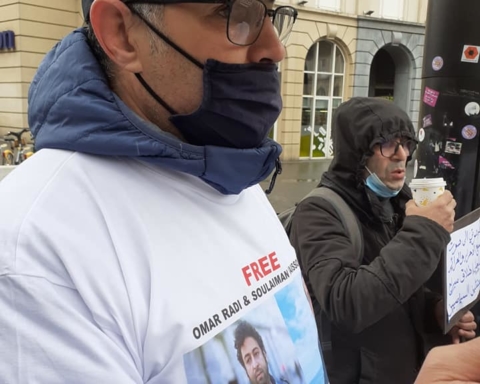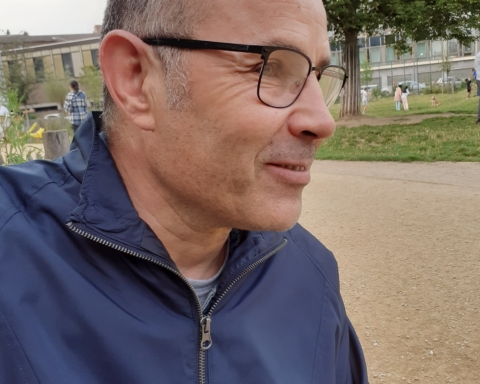Urgent Action Update: Prisoner In Solitary Confinement For Months (Morocco/Western Sahara: UA 219/15)
URGENT ACTION
FEBRUARY 13, 2017
Ali Aarrass has been held in prolonged solitary confinement since his transfer to Tifelt II Local Prison on 10 October 2016. His health has sharply deteriorated as a result.
On 10 October 2016, Belgian-Moroccan prisoner Ali Aarrass was transferred from Salé II Local Prison to Tifelt II Local Prison, about 60 kilometres from the capital Rabat. Since then, prison authorities have held him in solitary confinement, in a near-empty prison bloc, and restricted his courtyard time to one hour a day. According to his family and lawyers, he sleeps on a concrete slab, with few covers, is allowed only one shower a week, and has inadequate food. He is also only permitted to make a brief weekly phone call to his family who are unable to visit him frequently given that most of them live in Belgium, while his elderly father lives in Melilla, Spain and is very ill. Such harsh conditions of detention have caused Ali Aarrass’s health, already fragile after six years in detention, to significantly decline; he has been experiencing frequent vomiting and fainting. In November 2016 and January, representatives of Morocco’s National Human Rights Council visited Ali Aarrass in prison, but he nonetheless remains held in solitary confinement.
Ali Aarrass has had minimal meaningful contact with other detainees and has been confined to his single cell for 22 to 23 hours a day since 10 October 2016. Such conditions amount to prolonged solitary confinement according to the UN Standard Minimum Rules for the Treatment of Prisoners (Mandela Rules). Prolonged and indefinite solitary confinement amount to torture or other cruel, inhuman or degrading treatment or punishment, according to the Mandela Rules, and must not be imposed under any circumstances. In response to a letter from Amnesty International, voicing its concern for the solitary conditions in which Ali Aarrass was being held in, Morocco’s General Delegation for Penitentiary Administration and Reintegration said that Ali Aarrass’ isolation is due to the fact that the prison is new and sparsely-populated. However, isolation does not need to be intended as punishment in order to constitute solitary confinement.
1) TAKE ACTION
Write a letter, send an email, call, fax or tweet:
- Urging the Moroccan authorities to immediately end Ali Aarrass’ solitary confinement and ensure he is held in humane conditions;
- Calling on the Moroccan authorities to ensure he has immediate access to a qualified health professional to provide health care in compliance with medical ethics, including the principles of confidentiality, autonomy, and informed consent;
- Urging them to implement the decision of the Working Group on Arbitrary Detention (WGAD) calling on them to release Ali Aarrass immediately and award him adequate compensation.
Contact these two officials by 27 March 2017:
Director of General Administration for Prison Administration and Reinsertion
Mohamed Saleh Tamek
Angle Avenue Arar et rue El-Jouz
Hay El Riyad, Rabat, Morocco
Fax: + 212 5 37 71 26 19
Salutation: Dear Sir
Ambassador Mohamed Rachad Bouhlal
Embassy of the Kingdom of Morocco
1601 21st St. NW, Washington DC 20009
Fax: 202 462 7643 (Ms. Mouna Mouline, Human Rights)
Phone: 202 462 7979
Email: moroccoprotocol@gmail.com
Salutation: Dear Ambassador
2) LET US KNOW YOU TOOK ACTION
Here’s why it is so important to report your actions: we record the number of actions taken on each case and use that information in our advocacy. Either email uan@aiusa.org with “UA 219/15” in the subject line or click this link.







